The Netherlands has long been at the forefront of LGBTQ+ rights, becoming the first country in the world to legalize same-sex marriage in 2001. This groundbreaking legislation naturally extended to adoption rights for same-sex couples, creating a social experiment that the world has watched with great interest. Two decades later, the Dutch experience provides valuable insights into how same-sex parenting affects children, families, and society at large.
Adoption Trends Among Dutch Same-Sex Couples
Since the legalization of same-sex adoption, the Netherlands has seen a gradual but steady increase in the number of children being adopted by gay and lesbian couples. Interestingly, the adoption rates differ significantly between male and female same-sex couples. Lesbian couples adopt children at nearly three times the rate of gay male couples, a pattern consistent with other nations that allow same-sex adoption.
Dutch researchers attribute this disparity to several factors. Lesbian couples often pursue adoption after unsuccessful fertility treatments, while gay male couples typically view adoption as their first and only option for parenthood. Additionally, societal perceptions still position women as primary caregivers, making lesbian couples appear as "safer" choices in the eyes of adoption agencies and birth mothers considering placement.
The Changing Face of Dutch Families
The normalization of same-sex parenting has visibly altered the Dutch social landscape. In major cities like Amsterdam and Rotterdam, it's now common to see children with same-sex parents participating in school activities, neighborhood events, and community gatherings. This everyday visibility has done much to reduce stigma and answer initial concerns about how children of same-sex couples would fare socially.
Longitudinal studies conducted by the University of Amsterdam have shown that children raised by same-sex parents perform equally well academically and psychologically as their peers from heterosexual households. These findings have been instrumental in shifting public opinion and encouraging more same-sex couples to consider adoption as a viable path to parenthood.
International Adoption Challenges
While domestic adoption has become relatively straightforward for Dutch same-sex couples, international adoption presents ongoing challenges. Many countries that traditionally provided children for adoption - particularly in Africa, Asia, and Eastern Europe - refuse to place children with same-sex couples. This has forced Dutch adoption agencies to develop specialized programs and partnerships with more progressive nations.
The Dutch government has taken an active role in advocating for LGBTQ+ adoption rights internationally, often tying adoption agreements to broader human rights discussions. These diplomatic efforts have met with mixed success, but have gradually opened doors in several South American countries and parts of Southeast Asia.
Foster Care as an Alternative Pathway
For many same-sex couples in the Netherlands who face barriers to traditional adoption, the foster care system has become an important alternative. The Dutch child welfare system actively recruits LGBTQ+ foster parents, particularly for older children and teenagers who often struggle to find placements. Remarkably, same-sex couples now account for nearly 15% of all foster placements nationwide.
Social workers report that same-sex foster parents often bring unique strengths to challenging placements. Many have personal experience overcoming adversity and discrimination, which helps them connect with traumatized youth. Additionally, their nontraditional family structures sometimes make them more open to taking sibling groups or children with special needs that heterosexual couples might decline.
Legal and Social Hurdles
Despite the Netherlands' progressive reputation, same-sex adoptive parents still face obstacles. Some religiously-affiliated adoption agencies continue to resist placing children with LGBTQ+ couples, though recent court rulings have limited their ability to discriminate. More subtly, same-sex parents report occasional difficulties in situations where legal presumptions still favor heterosexual couples, such as school registration or medical consent forms.
The Dutch government has been gradually updating various regulations to eliminate these residual inequalities. A 2019 overhaul of family law finally granted equal legal status to all adoptive parents regardless of gender or sexual orientation, closing several lingering loopholes that had created practical difficulties for same-sex families.
Demographic Shifts and Future Projections
Current demographic trends suggest that same-sex adoptions will continue growing as a percentage of total Dutch adoptions. The younger generation's overwhelming support for LGBTQ+ rights virtually ensures that social acceptance will keep increasing. Experts predict that within a decade, same-sex couples could account for 25-30% of all Dutch adoptions.
Interestingly, the Netherlands is now seeing the first wave of children raised by same-sex parents reaching adulthood and starting families of their own. Early indications suggest these individuals show no significant differences in their own parenting choices or family structures compared to peers raised by heterosexual couples - perhaps the most powerful testament to the success of the Dutch experiment in marriage equality and adoption rights.
Lessons for the World
As other nations debate same-sex adoption rights, the Dutch experience offers compelling evidence that children thrive equally well in LGBTQ+ households. The normalization of diverse family structures has occurred without the social disruption some opponents predicted. If anything, Dutch society has become more inclusive and tolerant through this process.
The Netherlands' two-decade journey with same-sex adoption demonstrates that the key factors in successful child-rearing - love, stability, and support - have nothing to do with parental gender and everything to do with commitment and care. As more countries follow the Dutch example, the global conversation is shifting from whether same-sex couples should be allowed to adopt to how societies can best support all loving families.

By /Jun 17, 2025

By /Jun 17, 2025

By /Jun 17, 2025

By /Jun 17, 2025

By /Jun 17, 2025

By /Jun 17, 2025
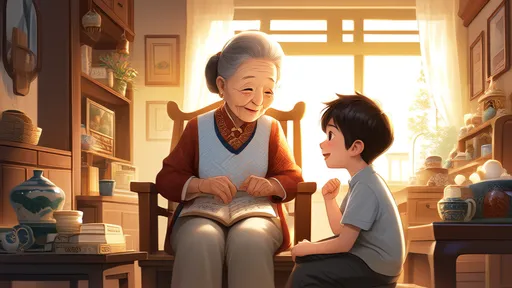
By /Jun 17, 2025

By /Jun 17, 2025
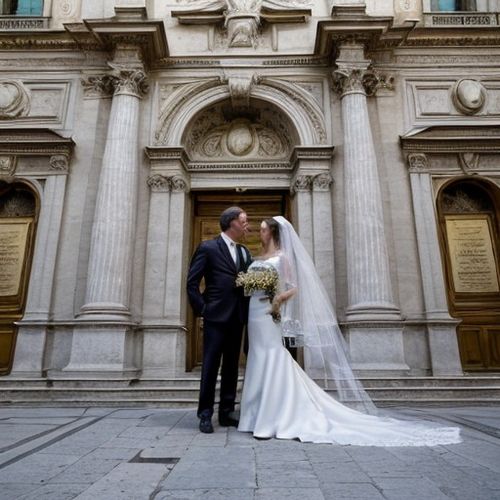
By Sophia Lewis/Apr 19, 2025
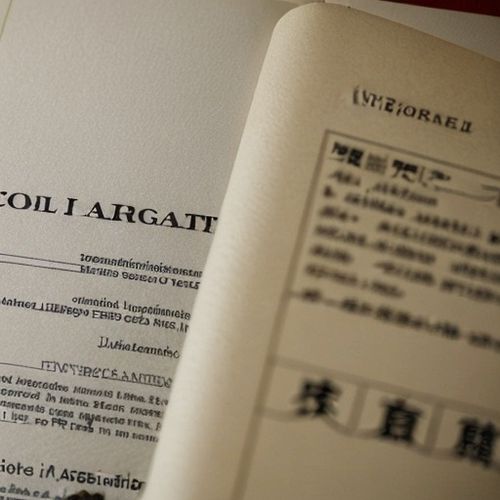
By Elizabeth Taylor/Apr 19, 2025

By James Moore/Apr 19, 2025

By Rebecca Stewart/Apr 19, 2025
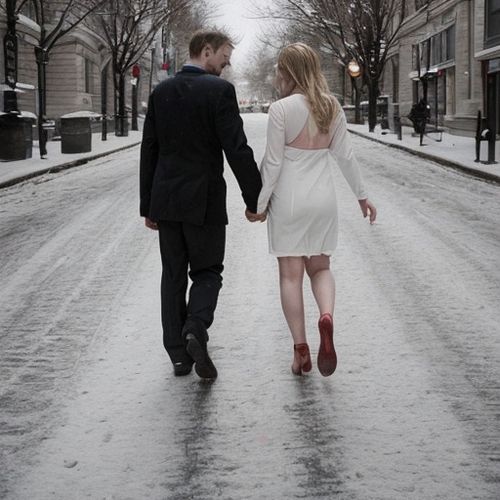
By Ryan Martin/Apr 19, 2025

By James Moore/Apr 19, 2025

By Sarah Davis/Apr 19, 2025
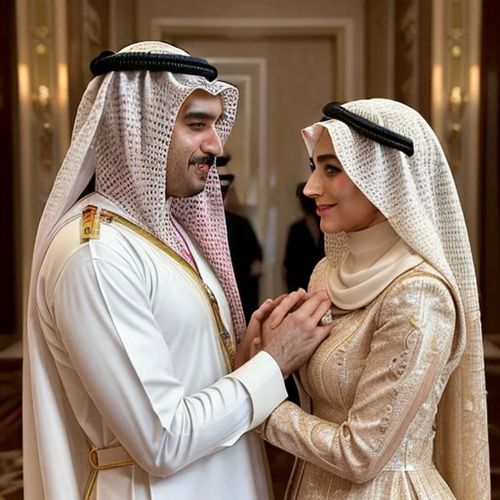
By George Bailey/Apr 19, 2025

By James Moore/Apr 19, 2025

By Amanda Phillips/Apr 19, 2025